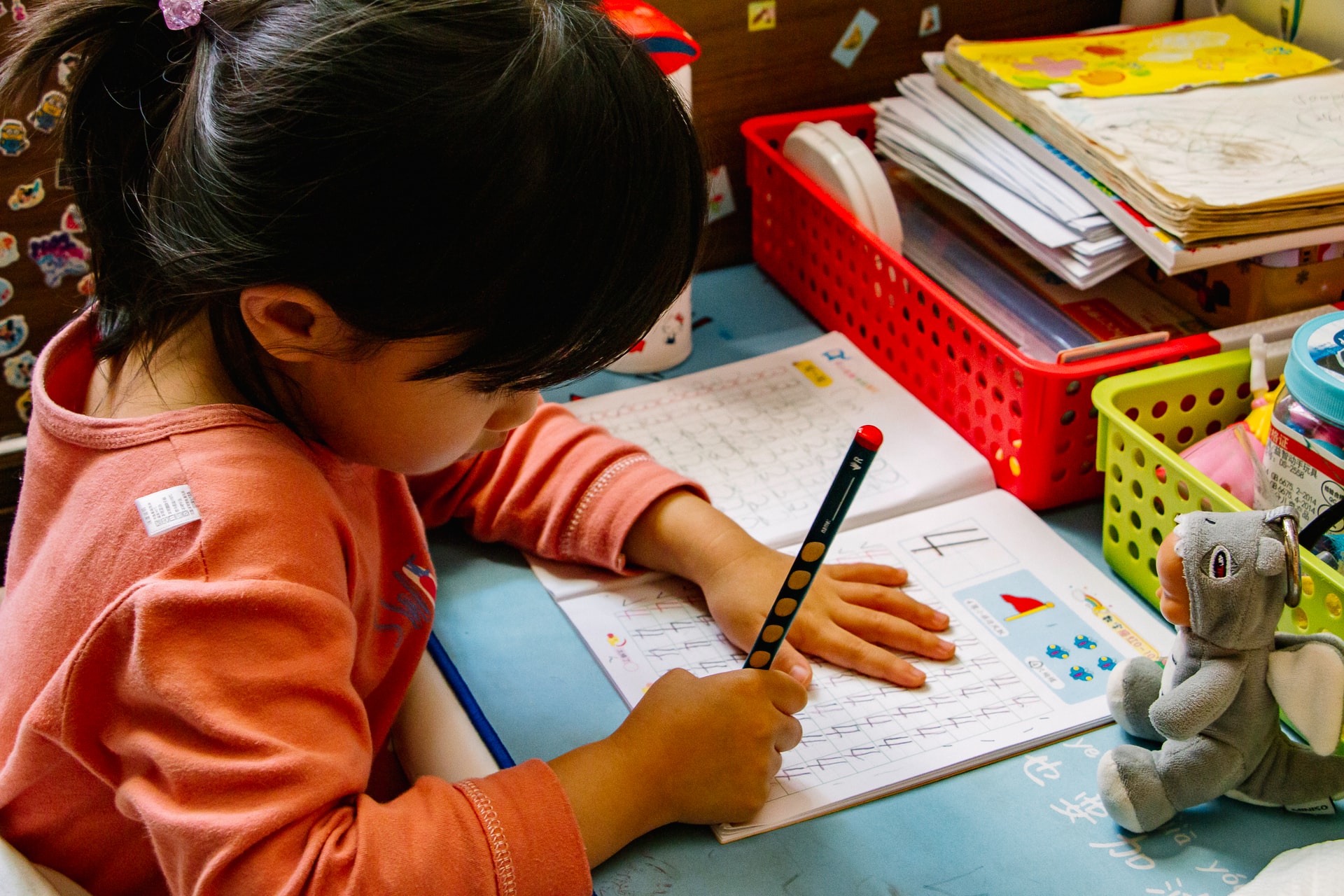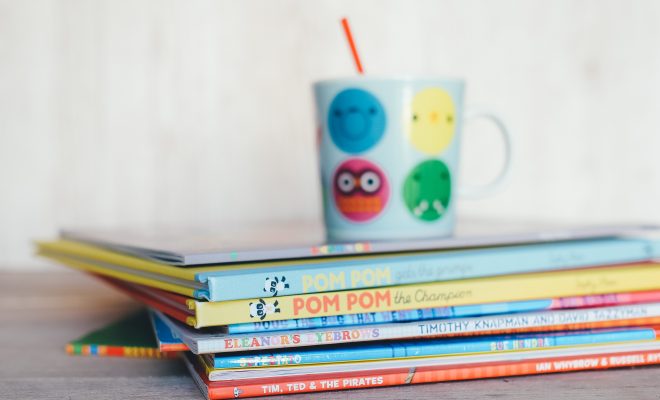Fathers and Literacy Development: Everything You Need to Know

Fathers are acknowledged to have an important impact on their children’s literacy development. This is due to a variety of activities such as sharing tales, Modeling, Reading, engaging in meaningful conversations, assisting in the development of critical thinking abilities, and even experiencing the outside world.
Based on this critical role, here are a few ways you, as a father, may help your preschooler create a relationship with reading.
What Books Can You Read To Your Preschooler?
Children are known to have a mirror effect, to the point that they constantly respond enthusiastically to your excitement when they are that age. By reading to them, you may help them develop their literacy skills.
You may read anything from fiction to nonfiction and even information books on renowned places, objects, and even people. However, it is critical that you read the books energetically while doing so. This will pique your preschooler’s interest in reading time.
You may discover a variety of reading materials in the children’s department of any library near you.
What Should You Do If You Are Not Present With Your Child Every Day?
Of course, not every family situation is the same. However, just because you can’t see your child every day doesn’t mean you can’t play an important part in his or her literacy development.
Set out a regular time to read to your youngster via regular phone call or video call. This also counts as modeling, behavior, which will eventually inspire your preschooler to continue on a steady learning path.
What If You Don’t Enjoy Reading?
Remember, even if you are not a reader, there are always other things you can participate in to assist your child to achieve success in their academic life later on. As a result, you can always tell your child memories from your childhood. If reading books isn’t your thing, you may always repeat jingles or nursery songs, which toddlers love.
You can also read items like road signs and the information printed on food packaging. You should also question your preschooler about their day; this meaningful dialog will benefit your child’s vocabulary and story creation. You can even be a bit creative and make problem-solving or word-and-letter games.
Finally, consider the following:
Consider children to be sponges, as they will absorb all they see you doing. This is why you must transmit a message that encourages reading and emphasizes the importance of information.






